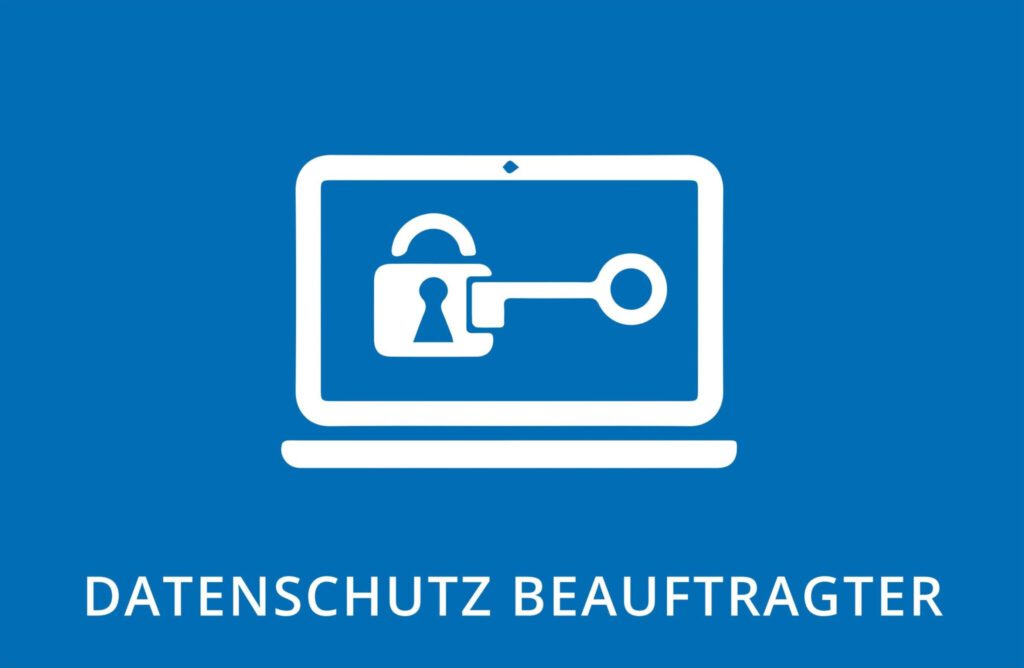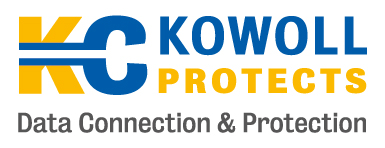Schnell-Check
Checkliste EU-Datenschutz
in der ClouD
Checkliste EU-Datenschutz
in der ClouD
Checkliste EU-Datenschutz in der ClouD
- Rechtsgrundlage für die Verarbeitung: Sie müssen sicherstellen, dass Sie eine Rechtsgrundlage für die Verarbeitung personenbezogener Daten in der Cloud haben. Dies kann beispielsweise die Einwilligung der betroffenen Person sein, oder es kann aufgrund eines Vertrags notwendig sein, um den Service zu erbringen. Stellen Sie sicher, dass Sie eine klare Rechtsgrundlage für die Verarbeitung haben, bevor Sie personenbezogene Daten in der Cloud speichern.
Informationspflichten: Sie müssen die betroffenen Personen darüber informieren, dass ihre Daten in der Cloud gespeichert werden und welche Art von Daten gespeichert werden. Dies sollte in einer Datenschutzerklärung oder in einer separaten Benachrichtigung erfolgen.
Sicherheitsmaßnahmen: Sie müssen angemessene technische und organisatorische Maßnahmen ergreifen, um die personenbezogenen Daten in der Cloud zu schützen. Dies kann beispielsweise die Verschlüsselung von Daten oder die Zugriffsbeschränkungen auf die Daten umfassen.
Auftragsverarbeitung: Wenn Sie einen Cloud-Provider nutzen, der personenbezogene Daten im Auftrag verarbeitet, müssen Sie sicherstellen, dass ein Vertrag zur Auftragsverarbeitung (AV-Vertrag) abgeschlossen wird. In diesem Vertrag sollten die Anforderungen der DSGVO für Auftragsverarbeiter enthalten sein. Mit außereuropäischen Cloudanbieter muss zusätzlich eine Vereinbarung gemäß EU-Standard-Vertragsklauseln (SCC) abgeschlossen werden.
Datensicherung: Sie müssen regelmäßig Datensicherungen durchführen, um sicherzustellen, dass die personenbezogenen Daten im Falle eines Datenverlustes oder einer Beschädigung wiederhergestellt werden können.
Rechte betroffener Personen: Sie müssen sicherstellen, dass betroffene Personen ihre Rechte gemäß der DSGVO ausüben können, einschließlich des Rechts auf Zugriff, Berichtigung, Löschung und Einschränkung der Verarbeitung.
Datenschutz-Folgenabschätzung: Wenn Sie eine umfangreiche Verarbeitung personenbezogener Daten in der Cloud planen, sollten Sie eine Datenschutz-Folgenabschätzung durchführen, um sicherzustellen, dass Sie alle Datenschutzrisiken identifizieren und geeignete Maßnahmen ergreifen, um diese Risiken zu minimieren.
Es ist wichtig, dass Sie die Anforderungen der DSGVO beachten, bevor Sie personenbezogene Daten in der Cloud speichern. Wenn Sie unsicher sind, wenden Sie sich gerne an mich, um sicherzustellen, dass Sie die DSGVO-Anforderungen erfüllen.
Datenschutz & cloud = kein Widerspruch!
1. Schritt: Ist der Anbieter in einem EU-Ausland?
JA!!! Es gibt eine Übertragung in Drittländer in USA, China, …
Eigentlich ist das nicht erlaubt und vorgesehen.
Doch wir haben einige Lösungen für Sie hier zusammengestellt.
Nein!!! Es gibt keine Übermittlung ins EU-Ausland ::: das ist perfekt!!!
Bitte einen Vertrag und einen ergänzenden AV-Vertrag abschließen und los geht’s.
2. Schritt: Es gibt Ausnahmen und Länder mit Niveau
Bei Cloud-Anbietern aus diesen Ländern müssen Sie sich datenschutzrechtlich wegen der Drittstaaten-Regelung keine Gedanken machen, denn das Datenschutzniveau gilt als angemessen und der EU gleich:
- Andorra
- Argentinien 🇦🇷
- Kanada 🇨🇦
- Färöer-Inseln 🇫🇴
- Guernsey 🇬🇬
- Israel
- Isle of Man
- Japan
- Jersey
- Neuseeland 🇳🇿
- Republik Korea (Südkorea) 🇰🇷
- Schweiz 🇨🇭
- Uruguay 🇺🇾
- Vereinigtes Königreich 🇬🇧
3. Schritt:
Der Transfer
personenbezogener Daten in die USA, Indien oder China ist verboten.
******Lösungen

Jetzt unverbindlich beraten lassen
Wir helfen Unternehmen Ihre Datenschutzprobleme und Pannen zu ordnen, zu reparieren und diese entsprechend zu beraten um hohe Bußgelder und Ärger zu vermeiden.
Im Überblick Chancen und Risiken der Cloud
ChanCEN
- Flexible und kosteneffiziente Anpassung der Ressourcennutzung
- Anstelle von Fixkosten variable Kosten „Pay-per-Use“
- Mobiles Arbeiten
- „Bring Your Own Devise“ (BYOD)
- Je nach cloud-Art (siehe unter Veranwortlichkeiten), z.B. bei Software as a Service ist kein eigenes technisches Fachpersonal nötig
- Schnelle Markteinführung neuer Produkte und Services

Risiken
- Vendor Lock-In: Cloud-Anbieter ändert sein Preismodell, Kunde will wechseln, doch die Kosten für den Datentransfer sind so hoch, dass sich der Wechsel nicht lohnt. So muss der Kunde die Preiserhöhung akzeptieren.
- Service Level Agreements der cloud-Anbieter bieten nie mehr als 99,9% Verfügbarkeit an. Das ist eigentlich kein Problem, denn im Eigenbetrieb ist das auch nicht möglich.
Aber: Es gibt keine Garantien bezüglich Datenverlust oder
Manipulation. - Werden die Sicherheitsziele erreicht?
Vertraulichkeit: Können Daten von Unberechtigten eingesehen werden?
Integrität: Unbemerkte zufällige oder absichtliche Änderung von Daten in der cloud
Verfügbarkeit: Ist sichergestellt, dass Daten oder Dienste auch jederzeit nutzbar sind? - Datenschutz und compliance:
Wann werden welche Daten gelöscht?
Welche Daten dürfen nicht gespeichert werden? Z.B. Gesundheitsdaten
Wie erfolgt die Kontrolle der Zugriffe?
Sind personenbezogene Daten in der cloud sicher vor fremden Zugriffen? - Insiderangriffe durch Angestellte von cloud-Providern und Datendiebstähle

KOWOLL PROTECTS CHECKLISTE
Einfach mit Daten sicher und geschützt arbeiten





